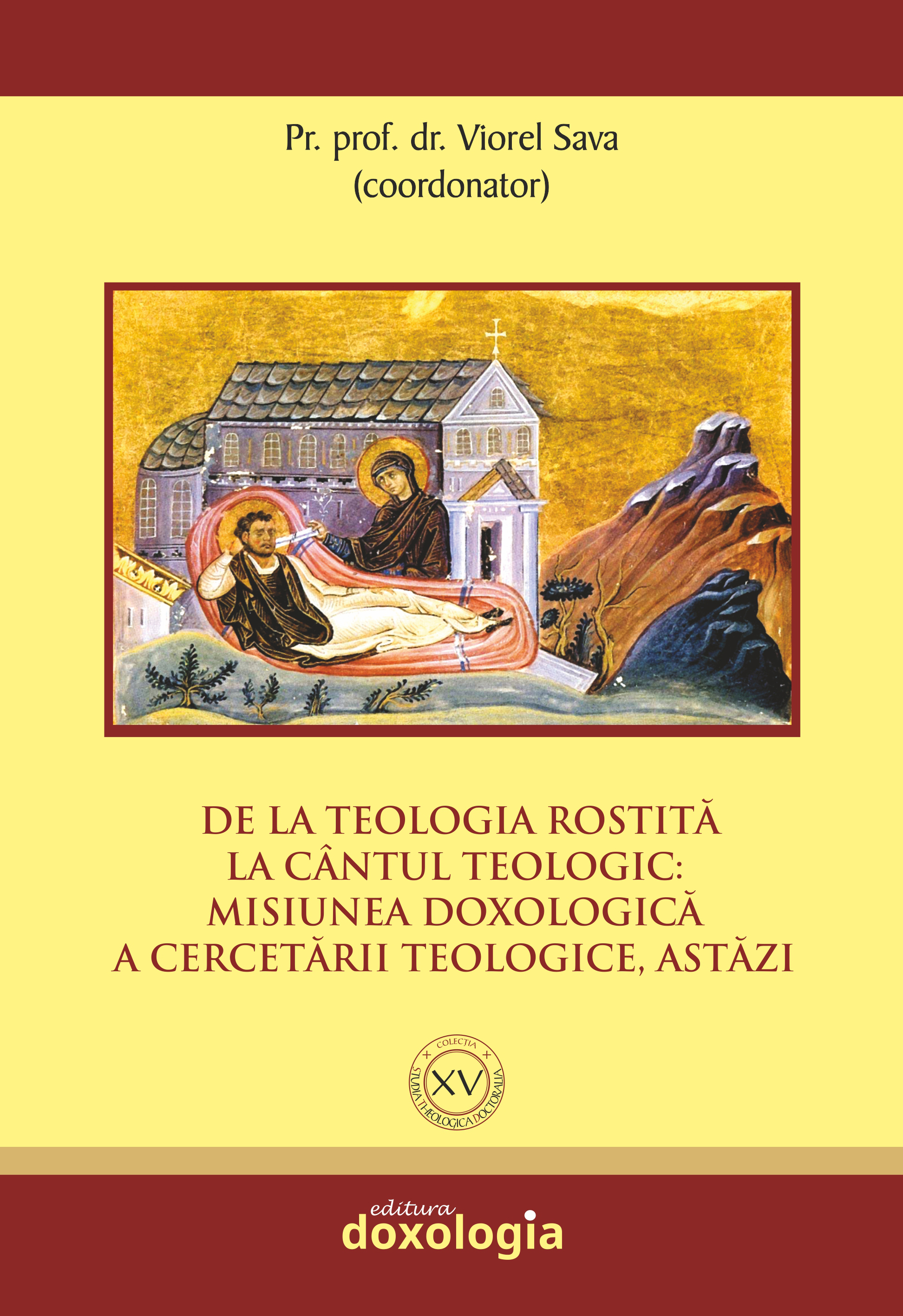Caracterul edificator al anxietății existențiale la Søren Kierkegaard. Interferențe cu teologia ortodoxă
The edifying character of existential anxiety in Søren Kierkegaard. Interferences with Orthodox Theology
Author(s): Vlăduț Cârlan
Subject(s): Theology and Religion, Psychology of Religion
Published by: Editura Doxologia
Keywords: existential anxiety; moral-spiritual edification; orthodox theology; christian existentialism;
Summary/Abstract: In this article I will analyze some theological and philosophical characteristics of the state of existential anxiety, from the perspective of the Danish philosopher and theologian Søren Kierkegaard (1813-1855). The main idea is that although there is a multiplicity of possibilities to act, in the last instance, the existent man can only „build” himself in two directions: in the direction of immanence, the finite and the earthly, or in the direction of transcendence, infinity and spirit. Therefore, he identifies and knows himself in the choice he makes and through the relationship with what becomes his measure, benchmark or standard of his existence. In this sense, Kierkegaard distinguishes between the „human self”, which takes the world and finite things as its measure, and the „theological self”, which takes God as its absolute measure. In this dialectical process, the exercise of freedom comes with a price. When the man realizes the immensity of possibilities to act in relation to the world, to people and to God, and the fact that he is absolutely responsible for the consequences of his choices, he experiences existential anxiety, which Kierkegaard defines as „the dizziness of freedom”. This state is universal and exists inside every human, even if it is conscious or not.Like other existential pathologies, such as sin, boredom or despair, anxiety is an ambivalent state. On the one hand, existential anxiety can become destructive when man interprets his life in an immanent sense and sees death as the absolute end. In this case, this state turns into neurotic, psychopathological anxiety. On the other hand, existential anxiety can become edifying leading to faith, when man interprets his life through the category of transcendence and comes to the consciousness that not the world, but God is his true measure.
- Page Range: 168-178
- Page Count: 11
- Publication Year: 2023
- Language: Romanian
- Content File-PDF

